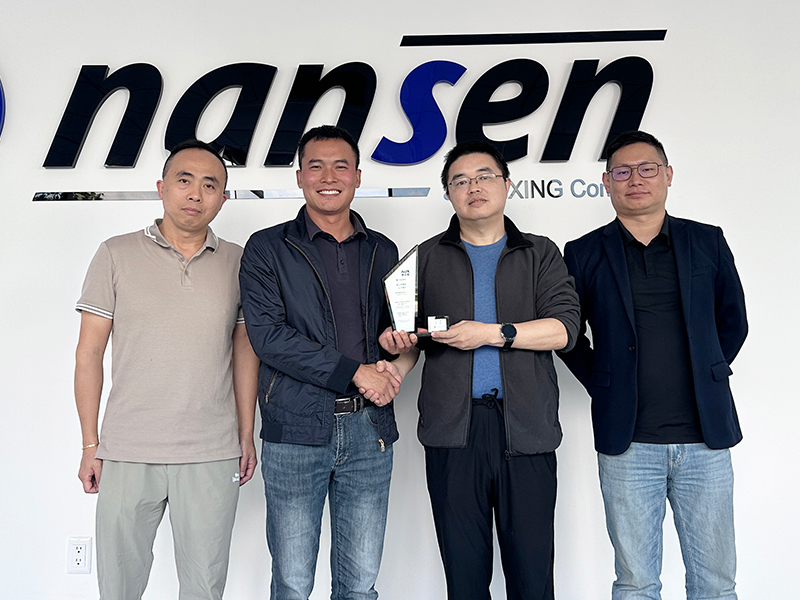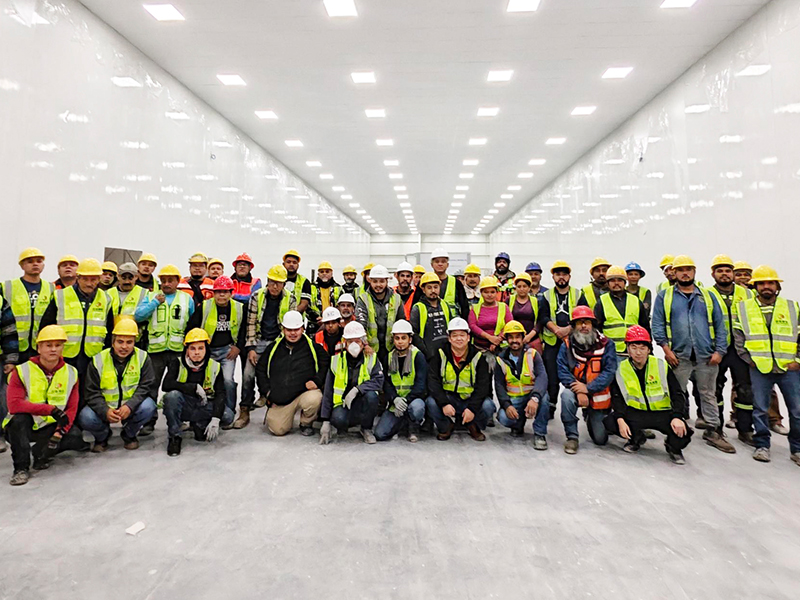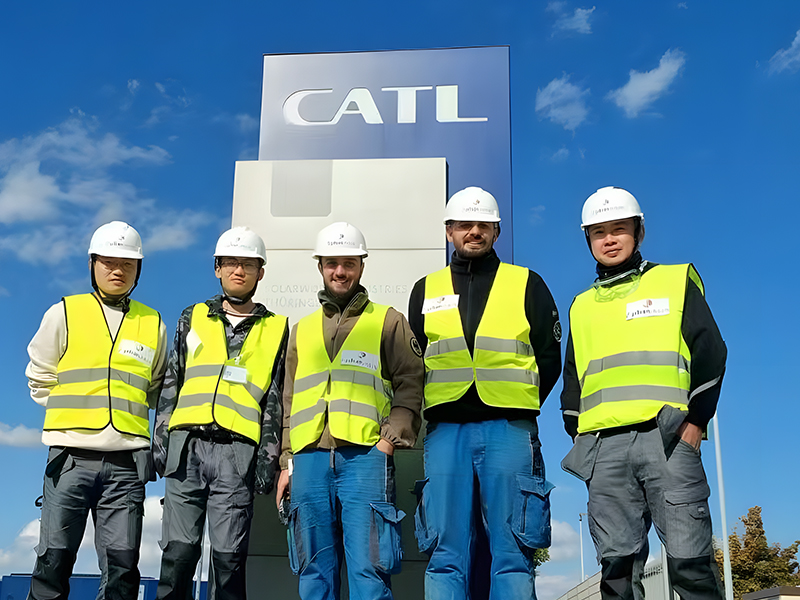In the past, Jilian has written an article titled “Many Pitfalls on the Road to Going Abroad: A Showcase of Chinese Companies’ Overseas Challenges.” Many clients have expressed a desire to see more examples of these “pitfall” cases. Today, we share some of the issues our team has encountered when helping clients expand to Mexico, such as being told they need a residence permit to register a company or being misled into thinking a factory could be built in three months, only to find that materials hadn’t even arrived after four months. We hope companies can learn from these examples and avoid these common traps!
Q1: Do I Need a Residence Permit to Register a Company in Mexico? Is It Required for Tax Registration and Tax ID?
A client recently approached Jilian with a question. They are a domestic machinery company wanting to establish a factory in Mexico and needed to register a local company. However, their team members didn’t yet have residence permits in Mexico. They had hired a service provider locally to help register the company, but halfway through the process, they were told it couldn’t continue because they didn’t have residence permits. The company hadn’t sent anyone to Mexico, so they were unsure how to go about applying for a residence permit. They came to us asking if we could help.
Jilian clarified to the client that foreign nationals do not need a residence permit to register a company in Mexico. If someone told them they needed one to register, they were definitely being misled. When registering a company in Mexico, if the shareholder or representative of the company is a foreigner, no Mexican residency proof is required. The only documents needed are a valid passport with an entry stamp (both the original and a copy).
The client followed up with their local service provider and eventually managed to complete the company registration. However, when they reached the stage of tax registration and applying for a Tax ID, they were again told they needed a residence permit. Frustrated, the client came back to Jilian. After further explanation, the client decided to cut ties with the local service provider and, with Jilian’s assistance, successfully completed the entire company registration process in Mexico.
Key Point: Chinese nationals do not need a residence permit to register a company in Mexico. All that’s required is a valid passport with an entry stamp (original and a copy). After registering the company, further steps such as tax registration, obtaining a tax number, applying for import/export licenses, and filing with various departments are required.
Additionally, when registering a company or applying for tax registration in Mexico, a local person must be designated as the “Administrador único” (sole administrator). This individual must have a Mexican identity (either a Mexican citizen or a foreigner with a residence permit). This is due to Mexico’s strict tax regulations, requiring that companies have someone who can handle tax-related matters and sign documents with the Federal Tax Authority (SAT).
Typically, if a company doesn’t yet have a Mexican residence permit, they can use a proxy through an agency. Once the company’s Chinese employees acquire their residence permits, they can change the “legal representative” to a local employee.
Note: The “Administrador único” is responsible for tax-related matters and legal liabilities, but does not have the same powers as the “legal representative” in China, who holds broader authority over company operations.
Q2: Misled About Building a Factory in Mexico in 3 Months
A domestic battery company listed in China contacted Jilian to help with building a factory in Mexico. After participating in two rounds of bidding, Jilian was awarded the project. During the contract negotiation stage, the client insisted that the factory be completed within three months, with penalties for each day of delay. After careful evaluation, Jilian decided to withdraw from the project.
Four months later, the client contacted Jilian again, expressing frustration. They had hired a local contractor in Mexico who promised to complete the factory in three months. However, after four months, the factory was still unfinished, and progress was extremely slow. Materials had only just begun to arrive. The client wanted to sue the contractor, but the contractor was a local Mexican company, making legal proceedings complicated. Now, the factory’s completion was uncertain, and the project was at risk of significant financial loss if the contractor was replaced.
Key Point: The construction cycle for a factory in Mexico is much longer than expected. For example, it takes two months to customize an air compressor, and shipping, customs clearance, and handling takes at least 1.5 months. Adding testing and installation, a factory typically takes at least 6 months to complete. For civil engineering projects, the timeline is even longer.
China is known for its high efficiency, but overseas projects require understanding the gap between China’s fast-paced mindset and local realities. Companies planning to build factories abroad must allocate sufficient time and avoid being misled.
Q3: No IMMEX or VAT Certificate Application, Struggling to Get VAT Refund
A cabinet manufacturing company contacted Jilian after building a factory in Mexico three and a half years ago, at the request of an American client. All their products were exported to the U.S. However, they had paid over $5 million in VAT on imported materials but couldn’t claim refunds because they didn’t have local sales in Mexico, meaning they couldn’t issue local invoices to reclaim the VAT. When they applied for a refund from the SAT (Mexican Tax Authority), they were repeatedly asked to provide additional documentation, and to date, they hadn’t received a single refund. They asked Jilian if we could help with the VAT refund.
According to Mexican tax laws, VAT refunds must be applied within five years. If the VAT was paid more than five years ago, the tax authority will no longer accept the refund request. After evaluating the situation, Jilian found that the first VAT payment had been made more than three years ago, leaving about one year to apply for the refund. After fully understanding the company’s situation and collecting the required documentation, Jilian successfully helped them reclaim a large sum of VAT from SAT.
Key Point: For export-oriented companies, Mexico has specific tax exemption policies, such as the IMMEX program and VAT Certificate, which allow companies to import raw materials or components without paying customs duties or VAT. If approved, the company does not need to pay these taxes upfront and will not face the problem of paying taxes and later applying for refunds. Therefore, it’s recommended that companies apply for IMMEX early when establishing a factory in Mexico.
Conclusion: Key Takeaways for Chinese Enterprises Expanding to Mexico
- No Residence Permit Required for Company Registration: Chinese nationals don’t need a Mexican residence permit to register a company. A valid passport with an entry stamp is sufficient.
- Factory Construction Takes Time: Factory construction in Mexico usually takes at least 6 months, not the 3 months often promised. Companies need to allocate sufficient time and avoid being misled by unrealistic timelines.
- IMMEX and VAT Certificates Are Crucial for Tax Exemption: Export-oriented companies should apply for the IMMEX program and VAT Certificates to avoid paying VAT upfront and to qualify for tax exemptions.
To avoid these common pitfalls, businesses should seek professional advice and work with reliable local partners when expanding internationally.










